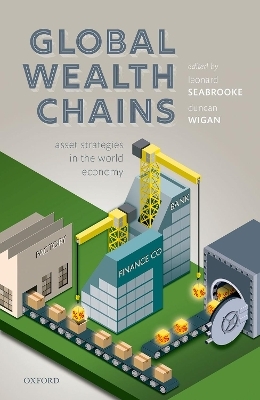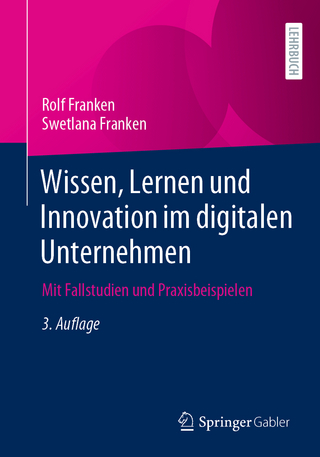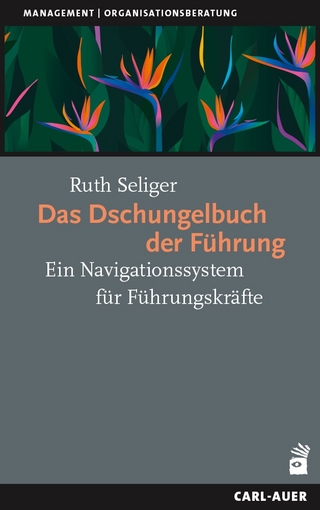
Global Wealth Chains
Oxford University Press (Verlag)
978-0-19-883237-9 (ISBN)
The world economy operates around the production of value and the creation and protection of wealth. Firms and other actors use global value chains to make the most for the least cost, ideally also contributing to economic development. Firms and professionals use global wealth chains to create and protect wealth, strategically planning across multiple legal jurisdictions to control how assets are governed. The outcome of such planning often contributes to global inequality. While we know a great deal about value chains, we know much less about wealth chains. This volume explores how global wealth chains are articulated, issues of regulatory liability, and how social relationships between clients and service providers are important for governance issues. It explores how assets are governed across a range of sectors such as public utilities, food and alcohol, art, and pharmaceuticals, as well as in legal instruments like advance pricing agreements, tax treaties, regulatory standards, intellectual property, family trusts, and legal opinion. The book integrates insights from a range of disciplines including International Political Economy, Economic Geography, Sociology, Accounting, Management Studies, Anthropology, and Law to reveal how global wealth chains are used to govern assets in the world economy.
Leonard Seabrooke is Professor of International Political Economy and Economic Sociology in the Department of Organization at Copenhagen Business School, and Research Professor at the Norwegian Institute of International Affairs. His work is known for its interdisciplinarity, drawing on political economy, economic sociology, international relations, and organization studies. His current research concentrates on transnational professionals across a range of cases, from finance and tax experts, to consultants, sustainability experts, and others. Seabrooke's work has appeared in leading journals, including American Sociological Review, Annual Review of Sociology, Governance, Public Administration, Review of International Political Economy, and many others. Duncan Wigan is Professor MSO of International Political Economy in the Department of Organization at Copenhagen Business School. His work has focused on innovation and governance in financial markets, corporate organization, and activism for economic justice. His current research concentrates on issues of international taxation, intangible capital, and expert-activism. His work has appeared in leading journals, including Economy & Society, New Political Economy, Regulation & Governance, Review of International Political Economy, and many others.
1: Leonard Seabrooke and Duncan Wigan: Asset Strategies in Global Wealth Chains
2: Colin Haslam, Adam Leaver, and Nick Tsitsianis: Public Utilities
3: Martin Hearson: Tax Treaties
4: Matti Ylönen: Advance Pricing Agreements
5: Dick Bryan, Mike Rafferty, and Duncan Wigan: Intangibles
6: Jamie Morgan: Private Equity
7: Mie Højris Dahl: Beer and Pharmaceuticals
8: Verónica Grondona, and Martín Burgos: Food
9: Oddný Helgadóttir: Art
10: Mariana Santos: Family Generations
11: Rasmus Corlin Christensen: Transparency
12: Saila Stausholm: Mining
13: Clair Quentin: Legal Opinion
14: Leonard Seabrooke and Duncan Wigan: Articulating Global Wealth Chains
| Erscheinungsdatum | 27.05.2022 |
|---|---|
| Verlagsort | Oxford |
| Sprache | englisch |
| Maße | 160 x 240 mm |
| Gewicht | 662 g |
| Themenwelt | Wirtschaft ► Betriebswirtschaft / Management ► Unternehmensführung / Management |
| Wirtschaft ► Volkswirtschaftslehre ► Makroökonomie | |
| ISBN-10 | 0-19-883237-0 / 0198832370 |
| ISBN-13 | 978-0-19-883237-9 / 9780198832379 |
| Zustand | Neuware |
| Haben Sie eine Frage zum Produkt? |
aus dem Bereich


